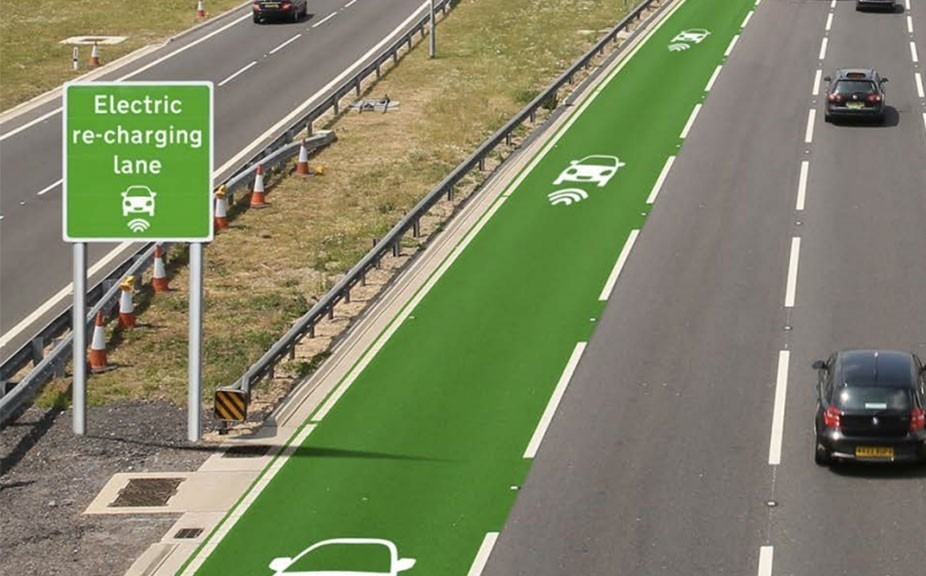As part of its industrial policy strategy, EU is launching a number of new initiatives aiming at making industries in Europe world leaders in innovation, digitization and decarbonisation. Developing a sustainable road transport system is a key element in this policy and will affect the car industry. The overall objective in the transport sector is to reduce greenhouse gas emissions and air pollution by replacing fossil fuels such as petrol and diesel by alternative fuels and pave the way for zero-emission vehicles. To maximize the positive effect on the environment power plants should be fueled by renewable energy.
The transport sector is an important contributor to the economy but causes also the premature death of tens of thousands of people globally each year because of the emissions. “Dieselgate” where Volkswagen and other German car producers cheated on emission controls has become an alarm clock, with some cities starting to ban diesel cars in the centres.
In EU, uniform enforcement of emission standards is missing and regulations or inefficient implementation have allowed diesel cars to pollute more than other cars. Lower taxation in Member States has resulted that 70 % of all diesel cars in the world are sold in the EU.
However, the transition to zero-emission cars is currently hampered by the lack of an EU-wide harmonised alternative fuel infrastructure, in particular a charging infrastructure for electric vehicles. The problem was identified already in the Alternative Fuels Directive from 2014.
The Directive identified electricity, hydrogen, biofuels, compressed natural gas, and liquefied petroleum gas as the principal alternative fuels with a potential for long-term oil substitution. Some of them are still considered as dangerous and may not be viable in a lifecycle analysis.
At a recent policy dialogue (15 September) on developing sustainable road transport systems in the EU and the US, arranged by the European Policy Centre, a representative of the Brussels based NGO Transport and Environment stated that biofuels are not better than fossil fuels and cause more greenhouse gas emissions.
European Commissioner Elżbieta Bieńkowska said at recent press briefing (18 September) on EU´s industrial policy strategy that "Many European industries are at a turning point. In our day and age, industrial policy is about empowering our industries to continue delivering sustainable growth and jobs for our regions and citizens."
“We want to keep the power of the car industry in Europe but we don’t defend its outdated technologies,” she added and envisaged a quick transition to electric and other zero-emission cars in the coming years.
Charging of batteries in electric vehicles can be done either at recharging points but also when driving from either head-lines or electric tracks in the roads. The latter solutions would reduce the need for big and heavy batteries. Pilot projects with electric road systems, partly with EU financing, are carried out in Sweden, Germany and France.
Asked by The Brussels Times if the European Commission foresees a transition to electric road systems in the future, where the charging is done when driving, a spokesperson for the Commission referred to a forthcoming Action Plan in November.
“Member States are developing National Policy Frameworks setting out plans for the market development of alternative fuels vehicles and the deployment of relevant infrastructure – such as electric charging points. On the basis of these national plans, the Commission expects to publish an Action Plan on alternative fuels infrastructure in November.”
“The objective will be to further support the roll-out of the necessary infrastructure. In parallel, the Commission is funding research into more “futuristic” options such as electric roads on which electric vehicles would run with unlimited range since they would pick up energy from the charging infrastructure under the road surface,” the spokesperson added.
| Background Europe 2020 has set an industry target in EU of 20 % of GDP. Figures released by the European Commission show that the manufacturing share of total value added is 17.1%. However, when including extractive industries and utilities it is 21%. If construction is included the industry share is 24% of EU value added. In spite of global competition and outsourcing of manufacturing jobs to low-cost countries, industrial employment in Europe has increased since 2013 with 1.5 million net new jobs created in EU industry. According to the European Commission this goes to show that whilst automation and new business models displace some jobs they also create new jobs and opportunities. |
M. Apelblat
The Brussels Times

